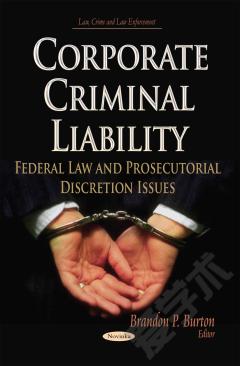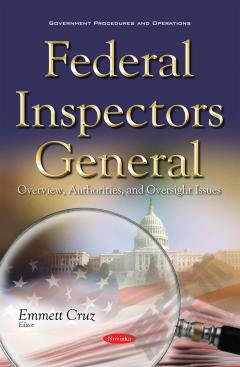Supervised Release for Federal Crimes: Overview and U.S. Parole Commission Issues
Supervised release is the successor to parole in the federal criminal justice system. In 1984, Congress eliminated parole to create a more determinate federal sentencing structure. In its place, Congress instituted a system of supervised release, which applies to all federal crimes committed after November 1, 1987. Both parole and supervised release call for a period of supervision following release from prison and for reincarceration upon a failure to observe designated conditions. Parole ordinarily stands in lieu of a portion of the original term of imprisonment, while supervised release begins only after full service of the original term (less any “good time” credits). This book provides an overview of supervised release for federal crimes, and discusses U.S. parole commission issues.
{{comment.content}}








 京公网安备 11010802027623号
京公网安备 11010802027623号